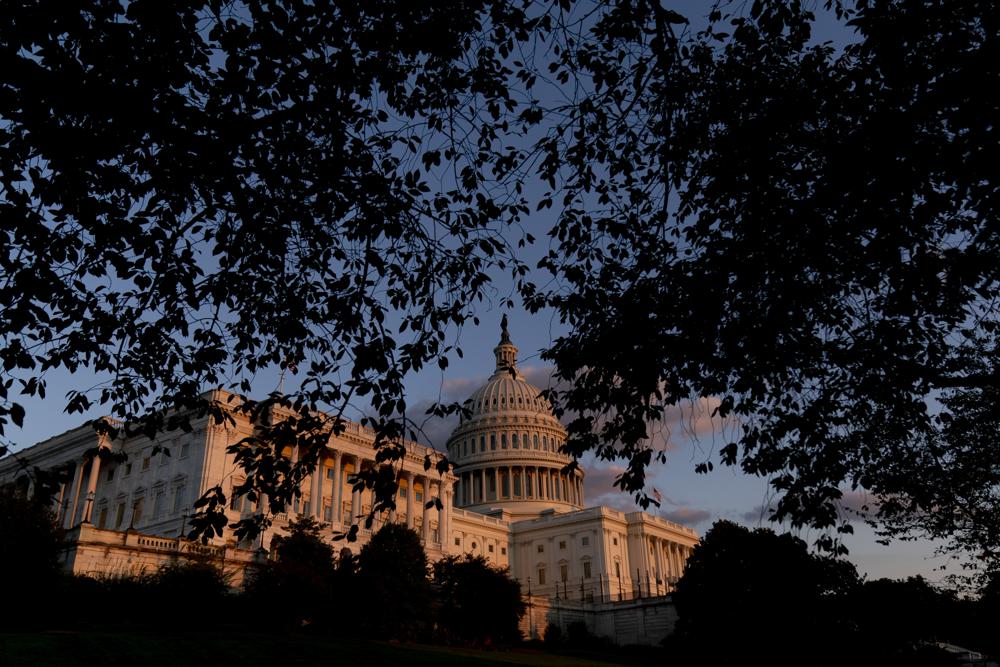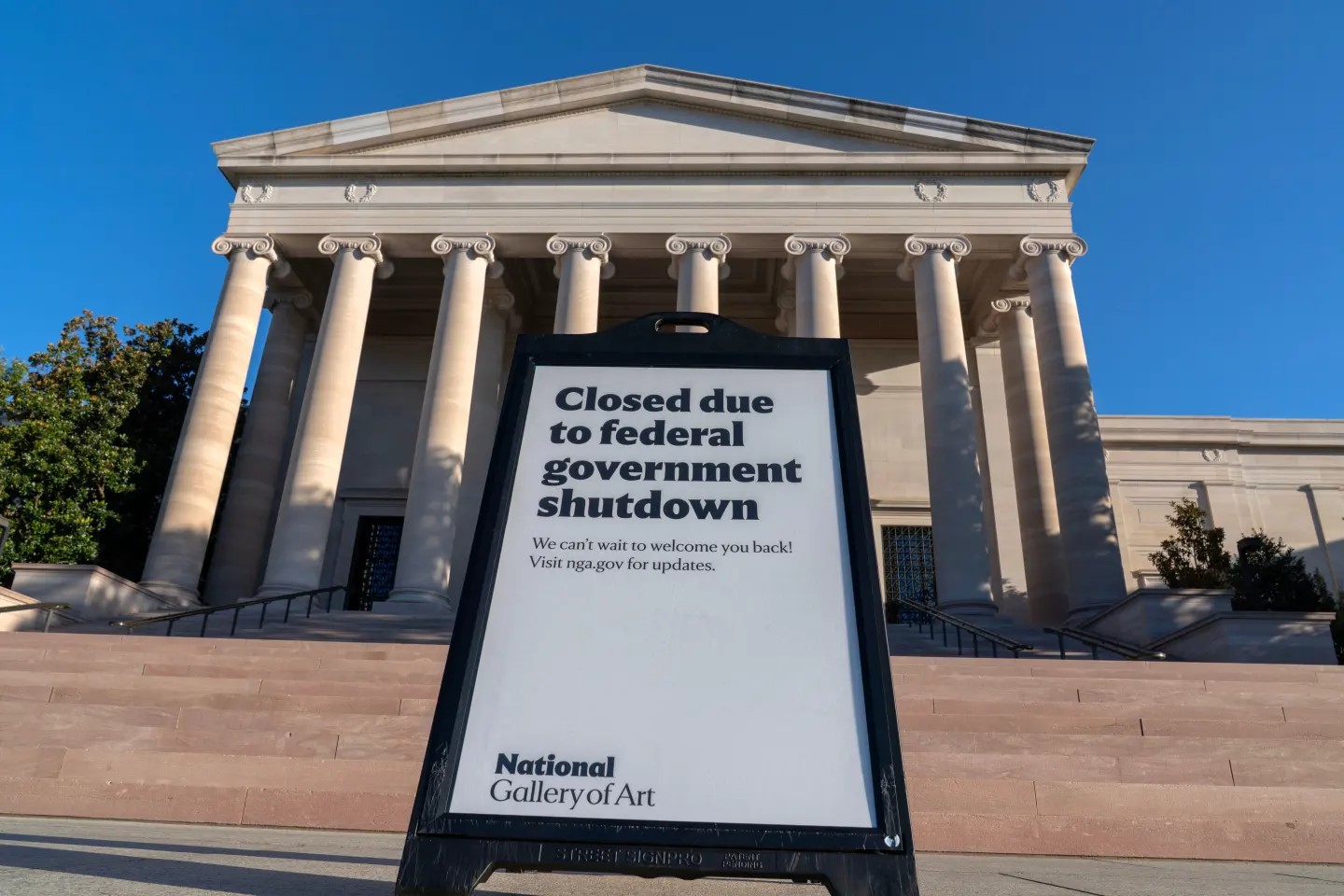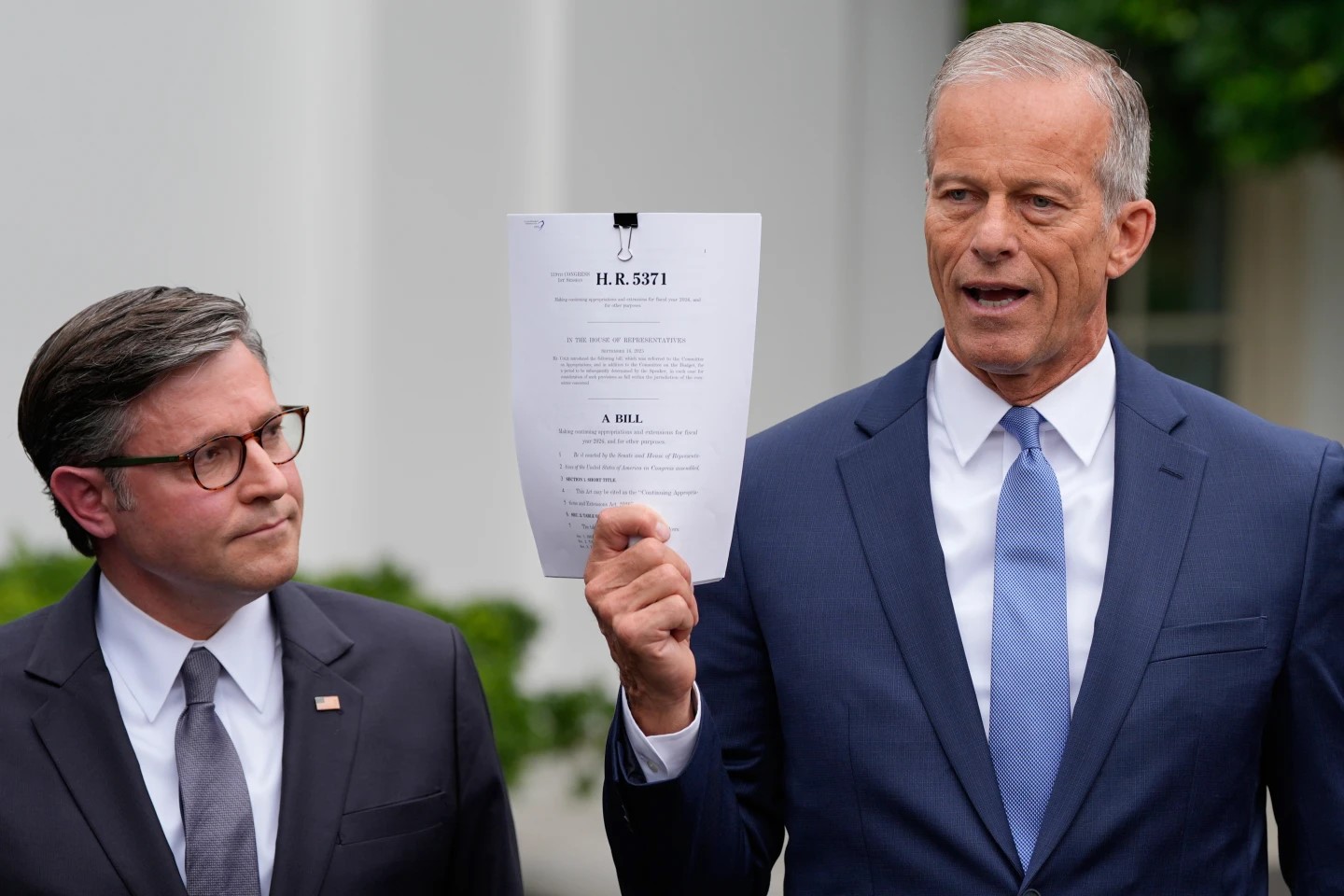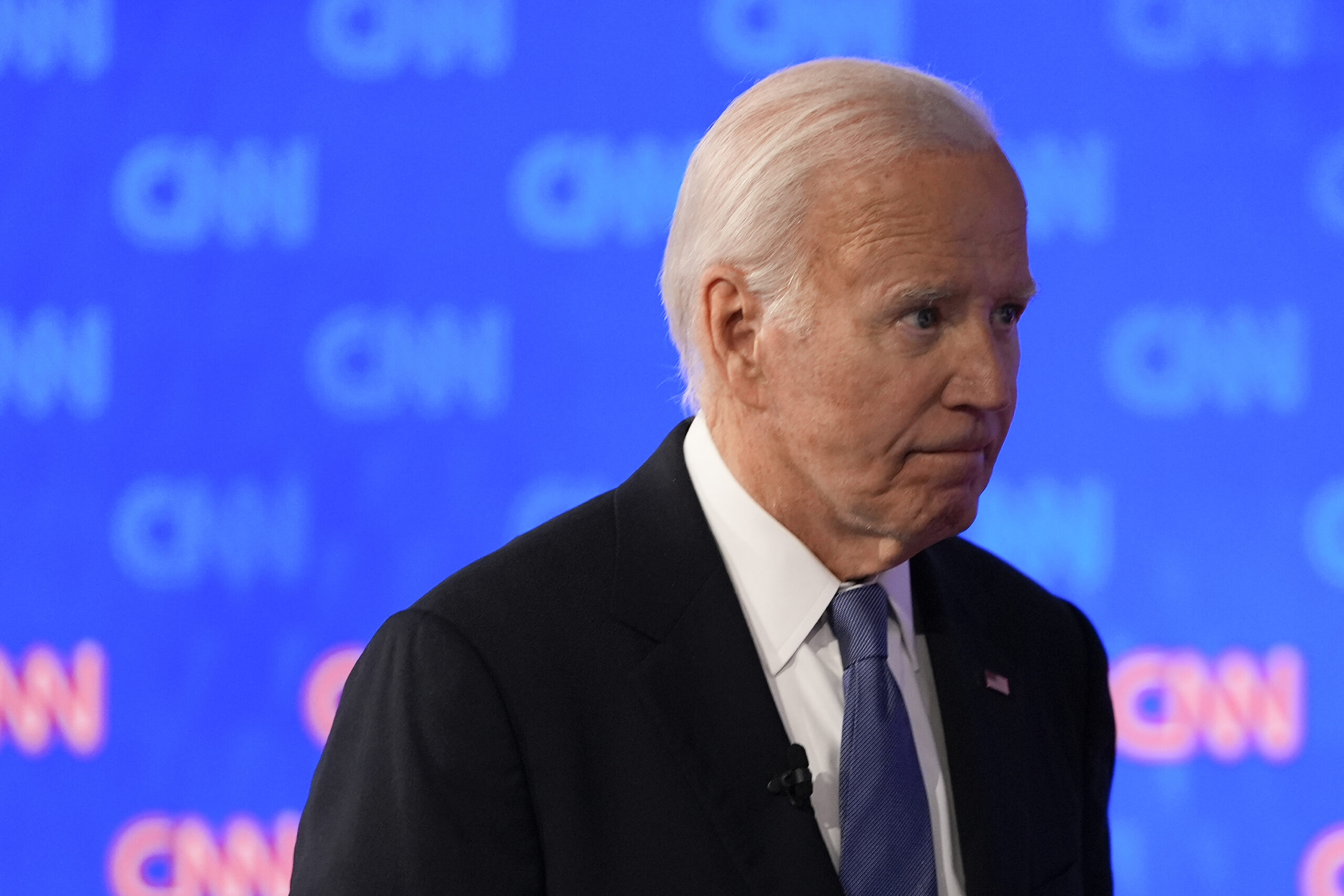Over half of voters in North Carolina disapprove of the Senate Republicans health care repeal bill, according to a recent poll by Public Policy Polling.
Nearly half of voters claim that Senator Thom Tillis’ support of the repeal would make them less likely to vote to re-elect him in 2020, as opposed to 28 percent of voters who said it would make them more likely to vote to re-elect Tillis.
The poll shows that as of now, Thom Tillis would narrowly lose re-election by four points to “his Democratic opponent.”
Healthcare is certainly a large factor in this, as 80 percent of voters claim that it is either the most important or a very important issue.
North Carolina was polled on the issue along with Colorado and Iowa because the three states are now all represented by Republican Senators but had Democratic Senators prior to 2014, according to a release from Save My Care – an organization that commissioned the poll.
The release also shows that 53 percent of voters would rather fix the Affordable Care Act instead of repeal it.
Although Donald Trump won North Carolina by four points in November’s presidential election, the poll shows his disapproval rate has reached 50 percent in the state.
Related Stories
‹
![]()
PPP: Americans Opposed On Healthcare And HB2, Split On ImpeachmentWhen it comes to healthcare, Americans are surprisingly united against the GOP. (On Neil Gorsuch, we're unsurprisingly apathetic.)
![]()
Don't Expect Trump's Speech To Change The Game: PPPPublic opinion about Donald Trump is highly entrenched - so there's not much that will change it one way or another.
![]()
Equity in Health Care - December 11, 2025What is the state of health care today, both nationally and here in our community? And what needs to be done to address disparities?

Chances Dwindling for Renewal of Health Care Subsidies, Risking Premium Spikes for MillionsHopes for an extension of health care subsidies were diminishing in Congress this week as lawmakers largely abandoned the issue.

A Historic Shutdown Is Over. It Leaves No Winners and Much FrustrationThe longest government shutdown in history has come to an end, with almost no one happy with the final result.

Senate Takes First Step Toward Ending the Government ShutdownThe Senate took the first step to end the government shutdown on Sunday after a group of moderate Democrats agreed to proceed without a guaranteed extension of health care subsidies.

US Government on Brink of First Shutdown in Almost 7 Years Amid Partisan Standoff in CongressWritten by MARY CLARE JALONICK, LISA MASCARO and STEPHEN GROVES WASHINGTON (AP) — A partisan standoff over health care and spending is threatening to trigger the first U.S. government shutdown in almost seven years, with Democrats and Republicans in Congress unable to find agreement even as thousands of federal workers stand to be furloughed or laid off. The government will shut […]

Trump's Approval Is Declining. Want to Change Voters' Minds? Local Experts Say Your Tone Matters.Donald Trump's approval rating is declining, giving progressives an opportunity to move the dial - but experts say the right approach is key.

Did the Debate Hurt Joe Biden? Local Pollster Says Not As Much As You May ThinkThink last week's debate hurt Joe Biden? Polls suggest the Trump-Biden race is exactly where it was before - and there's a clear reason.

Trump Says He Will Renew Efforts to Replace ‘Obamacare’ if He Wins a Second TermWritten by JILL COLVIN and ZEKE MILLER Former President Donald Trump threatened over the weekend to reopen the contentious fight over the Affordable Care Act after failing to repeal it while in the White House, saying he is “seriously looking at alternatives” if he wins a second term. Trump’s comments drew rebuke from Democratic President […]
›








